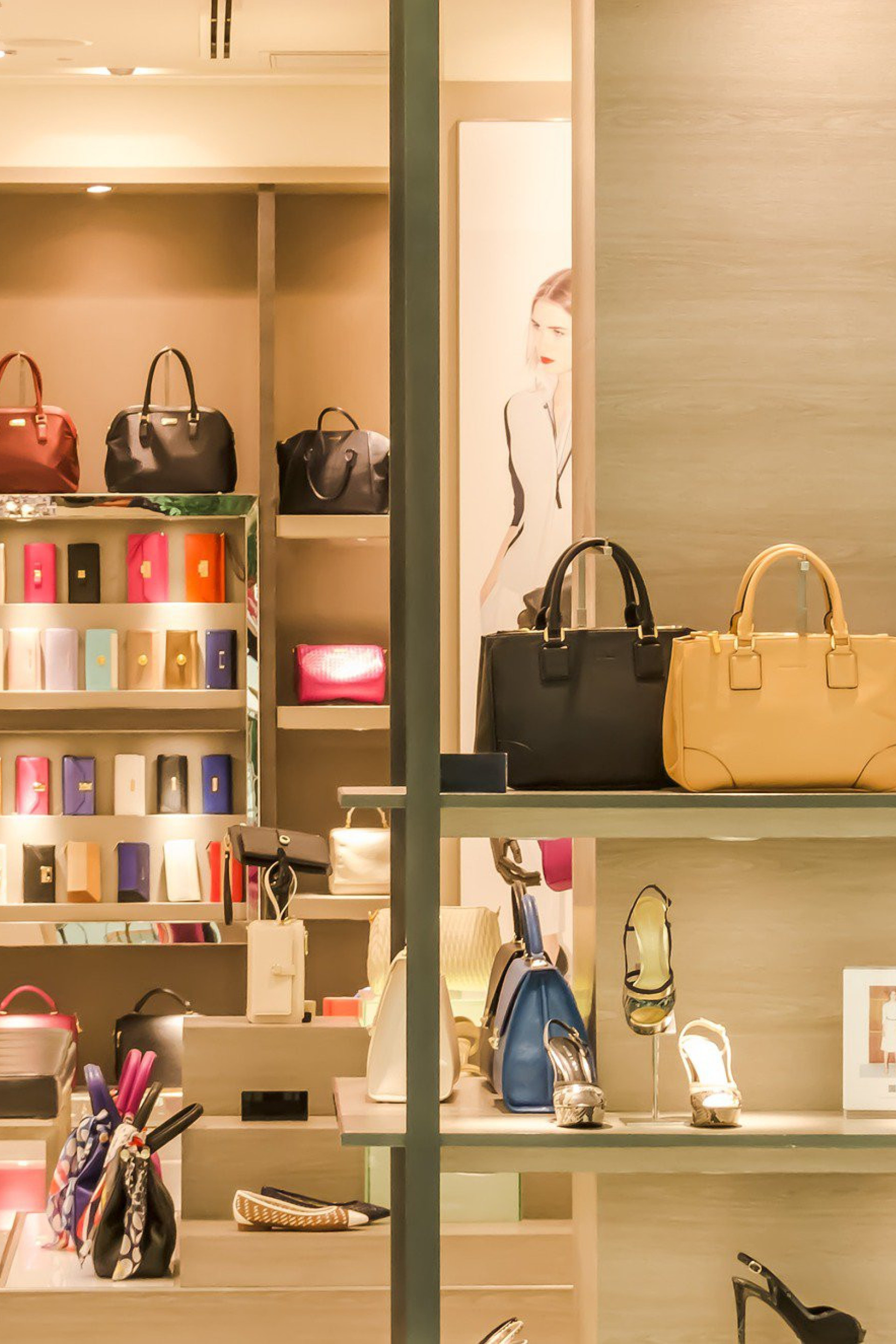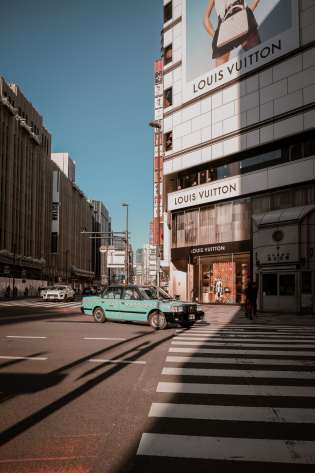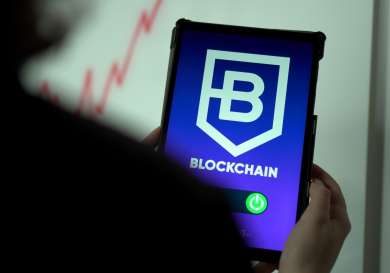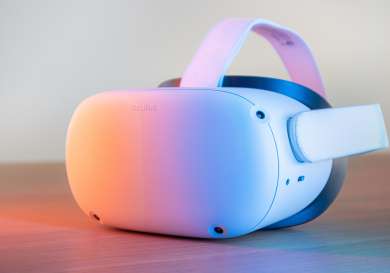How Luxury Brands Are Using Web3 to Grow and Adapt

In the past, luxury labels have hesitated to use new digital technologies.
Fashion companies were slow to start selling their clothes online, and bloggers had difficulty getting invited to major runway shows because they were seen as part of "new media."
Technology has often been seen as a threat to luxury brands, who fear it will erode their exclusivity and unique connection with consumers. However, those who have resisted change have generally been left behind, and luxury brands had to play catch up when they finally got on board with the first waves of online commerce and culture.
With emerging technologies like Web3, blockchain, and the metaverse presenting new verticals for businesses to reach customers and drive organisational growth, some luxury brands have quickly embraced the value of contemporary technologies.


